New school meal menu
Our new Spring/Summer school meal menu, starting from after February half term, is now available on our Meals page.
The menu has been created in liaison with Catering Leeds to ensure it meets the School Food Standards. We have also incorporated feedback from our school cook, pupils and parents/carers.
Pupils will continue to make their daily food choices at the start of the day to ensure they receive their first choice of main meal.
When will be your next Park Run?
Thank you to Richard Spencer (parent, chair of the PTA and Park Run race director at Roundhay Park) who came to speak to the whole school this afternoon about the great, free, weekly Park Run events held locally.
We were impressed by the number of children who have already completed a Park Run event with one pupil achieving over 100 runs!
All you need to take part is to register for your personal bar code that is used at the event to record your position and time for the run. ThePark Run event is not a race. You are only trying to beat yourself by achieving a faster time each time you do it.
There is no commitment to attend every weekend: just turn up with your bar code when you can.
The course is fully marshalled and so children are able to run round with others as long as an adult accompanies them to the event.
- Junior Park Run (age 4-14 years – 2km course) 9am every Sunday
- Park Run (5km course) 9am every Saturday
- Local courses include Roundhay Park, Temple Newsam and Bodington (Brownlee Centre)
We’d love to hear your Park Run achievements – let your teacher know!
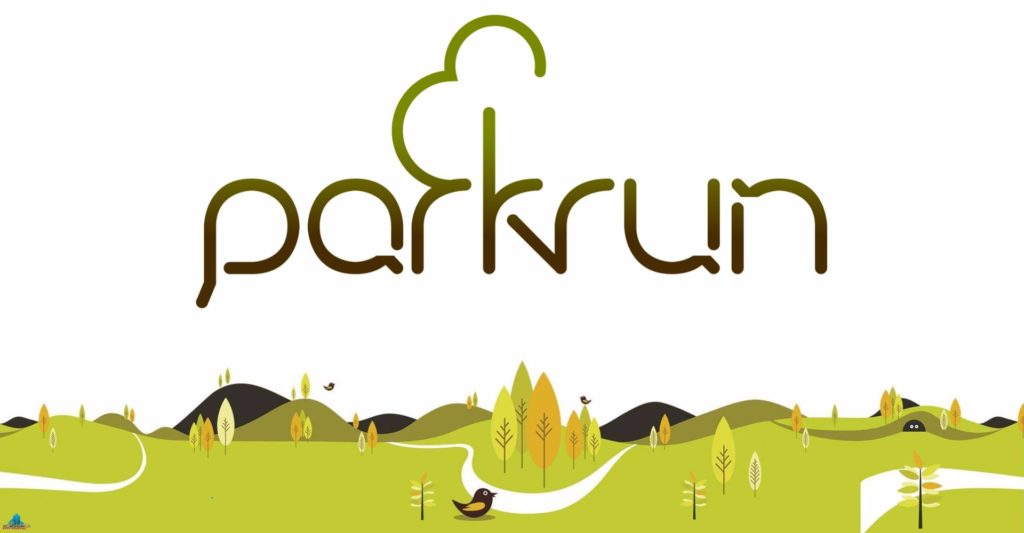
What is our new school charity?
We support our school charity for a year and it is now time to change our current school charity, Make-A-Wish.
This week, each class, discussed a range of charities, researched by the children for their homework, and voted on one charity they wanted to put forward for the school councillors to decide on.
Here were the class choices:
The final democratic decision was made by a vote by the School Council and the winning charity for 2018-2019 is WWF. We will support this charity for one year.
What is a force?
This week, Year 3 have been introduced to their new mini topic – ‘Forces.’
Did you know that without forces our world would be silent and immobile?
The lessons began with the children recognising that everything on Earth is powered by forces, pushes and pulls which act on our bodies and the things around us. Forces make things move and stop moving.
Having discussed pushing and pulling, it was time to demonstrate these forces using our bodies. Working with a partner, the children created their own push and pull forces. Some were easier than others!


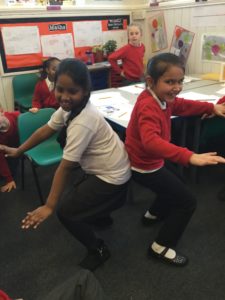
Magnetism
Before some experimental learning, we discussed magnets and named different types. The children were fascinated to see what happens when a magnet gets close to a magnetic object.
A magnet can move an object without touching it.
Using iron filings, we tested different magnets to see if this was true.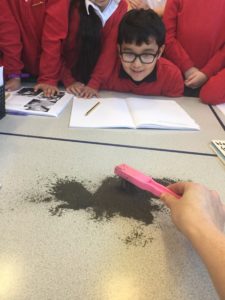
Magnetism is an invisible force. A magnet attracts or repels other items. Magnets have north poles and south poles. These attract each other. But two north poles will repel each other, as will two south poles.
Iron is magnetic, so any metal with iron in it will be attracted to a magnet. Most other metals, like aluminium, copper or gold, are not magnetic.
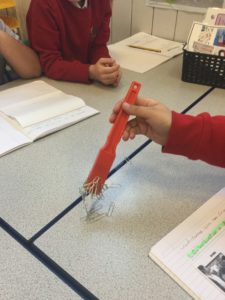
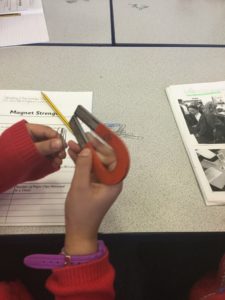
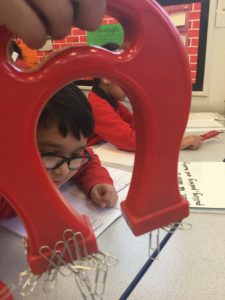
With forces in mind, Year 3 put these into action in their Bollywood PE lesson.
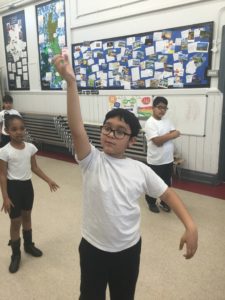
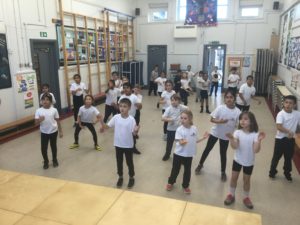

by Mrs Burgess
Great Assembly
Well done to all of Year 3 for a super assembly today. The children spoke clearly and with such confidence. We all enjoyed the ‘Guess Who‘ game too!
Thank you to all who came to watch the assembly. We hope you enjoyed it as much as we did!
Cross Country
Update 28.11.18
Congratulations to Edris and Billy who have qualified as wildcard runners for the Leeds City Finals at Temple Newsam in February.
Well done to all the Key Stage 2 children who represented school in traditional cross country weather today at the Leeds East North East cross country event at Cardinal Heenan school. For some of the children, this was the first time they have taken part in a competitive event and spirits were still high despite the muddy and cold conditions.
Thank you to Mrs Small, Mrs Charlesworth and Mrs Maqbool who accompanied the children and for parents who helped with transport and gave support at the event.
We had a fantastic response to this event with over 50 children wanting to take part. Even though we managed to increase our numbers, unfortunately there were still children who didn’t get chance to participate this time. There will, however, be other competitive and participation opportunities happening over the year.
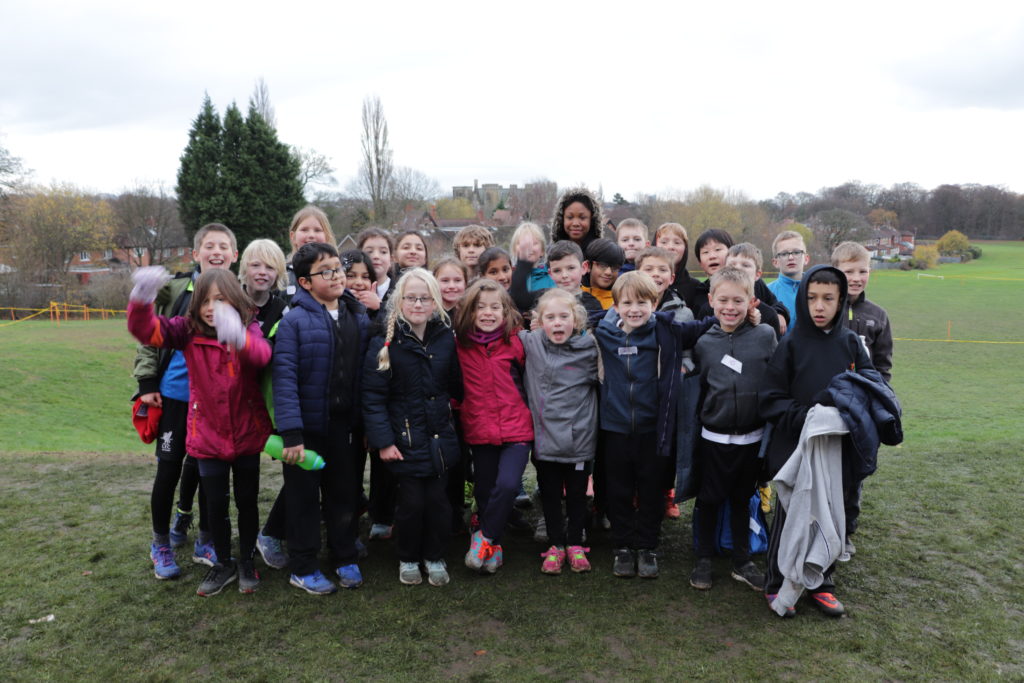
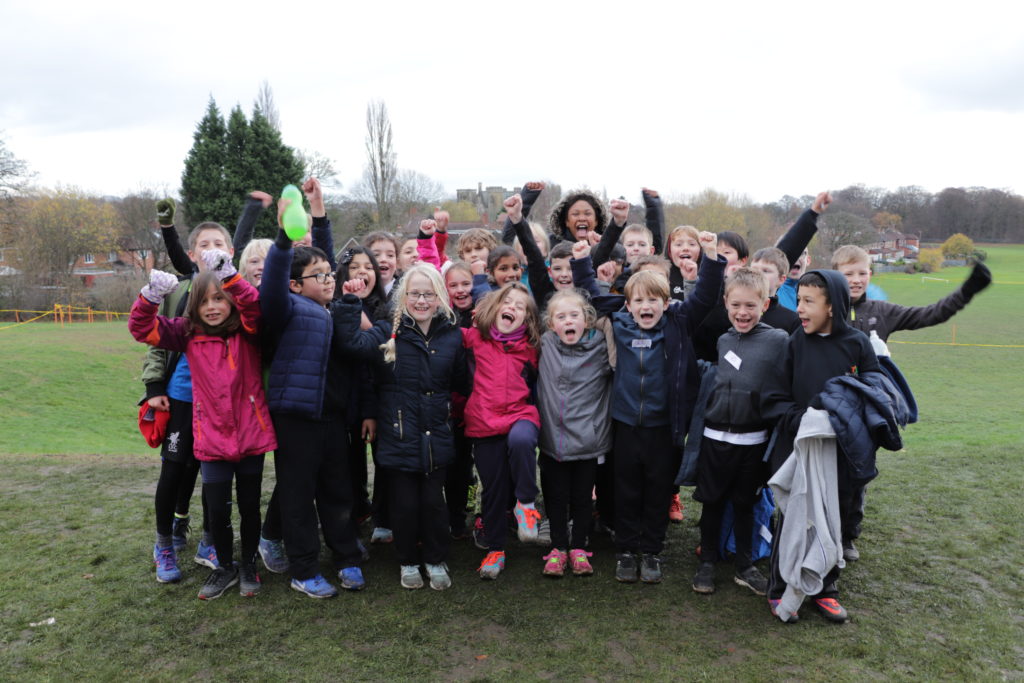
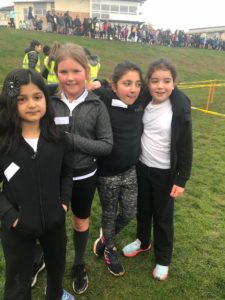
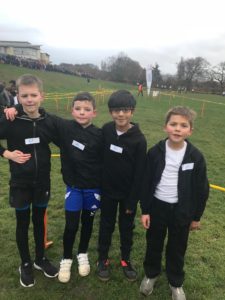
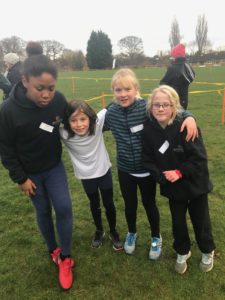
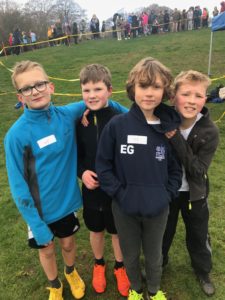
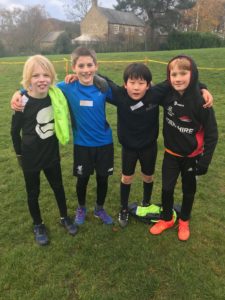
School dinner feedback
We always welcome feedback on our school dinner menu.
As a result of pupil, parent and staff feedback, there are a number of changes we are implementing, as we work with Catering Leeds to prepare our next menu, for after February half term.
- There will be a jacket potato choice on Thursdays to give three main meal choices rather than the current two choices.
- We will be trialing meat free Monday on week 3 of the menu cycle.
- Jacket potato choices will continue to be the most popular fillings on a rotation basis – cheese, tuna and beans.
- Vegetable choices will continue to be the most popular ones selected by pupils.
School dinners are always an agenda item at School Council meetings so children are encouraged to use their pupil voice to provide feedback to their school councillors or via a suggestion slip in the Living and Learning box.
The menu will be circulated to parents and posted on our website once this is available.
Takeover Challenge Day
Takeover Challenge day is on Friday 23 November
What is Takeover Challenge?
Takeover is a fun engagement project which sees schools and organisations across England opening their doors to children and young people to take over adult roles.
It puts children and young people in decision making positions and encourages schools and organisations to hear and act upon their views and ideas. Children and young people gain an insight into the adult world and schools and organisations benefit from a fresh perspective about their work.

Recently, our new School Council discussed how children could be involved in ‘taking over’ at school. Therefore on Friday, takeover activities will include serving school dinners (representatives from Year 4), working in the school office (representatives from Year 5), leading assembly (representatives from Year 6) and accompanying Mrs Weekes on a learning walk around school (representatives from Year 5 and 6).
In addition there will be opportunities within class where children will takeover. For example, taking the register, spelling/times table tests, parts of lessons, PE warm ups and guided reading.
Check our class news pages to see this in action.
Christmas dinner menu
Catering Leeds, our school meal provider, will be running a special themed menu on Thursday 13 December. Please contact the office, before Monday 26 November, if your child would like a school dinner on this day.
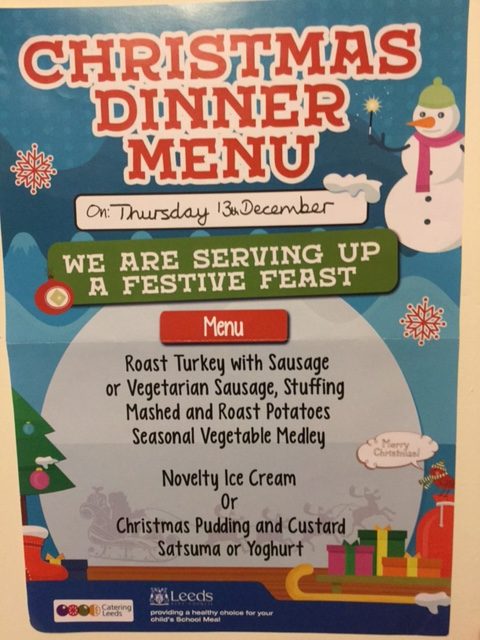
Living and Learning: Anti-bullying week ‘Choose Respect’
This week, all classes have been learning about different aspects of bullying during national Anti-Bullying Week.
Thank you to those families who supported our Odd Socks Day on Monday, celebrating that we are all unique.
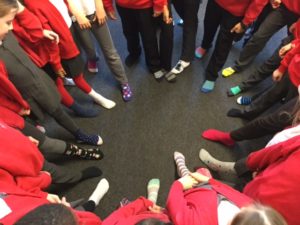
At their first meeting, our new School Council reviewed the school definition of bullying and this remains unchanged.
‘Bullying is when you hurt someone, physically or emotionally, several times on purpose.’
In addition to this definition, each class has considered the following.
- Types of bullying – cyber-bullying and prejudice-based bullying related to gender, sexual orientation, race, religion and belief, special educational need and disability
- What to do if children experience or witness bullying. The key message is to tell someone (start telling other people)
STOP can stand for two key messages: the definition or the problem (Several Times On Purpose) and the solution (Start Telling Other People).
All classes have access to their class I want to say box or a whole school worry box where they can tell an adult any concerns about bullying or any other issues.
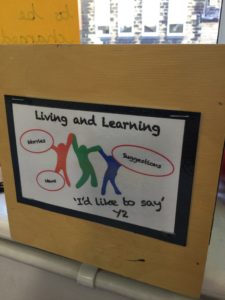
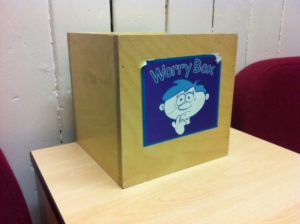
Our whole school homework this week, will allow children to consolidate this learning and show what they have learnt in a creative way.
We encourage you to discuss this learning with your child and for further support, bullying resources can be found at…
- https://www.anti-bullyingalliance.org.uk/tools-information/advice-parents
- https://www.kidscape.org.uk/resources/
- http://www.bullying.co.uk/advice-for-parents/
- https://www.internetmatters.org/hub/news-blogs/get-involved-in-anti-bullying-week-2018-choose-respect/
- https://www.nspcc.org.uk/preventing-abuse/child-abuse-and-neglect/bullying-and-cyberbullying/keeping-children-safe/
- https://www.childline.org.uk/info-advice/bullying-abuse-safety/types-bullying/
- https://youngminds.org.uk/find-help/feelings-and-symptoms/bullying/